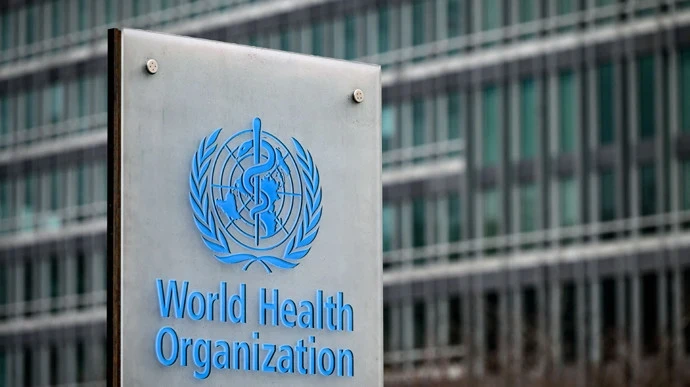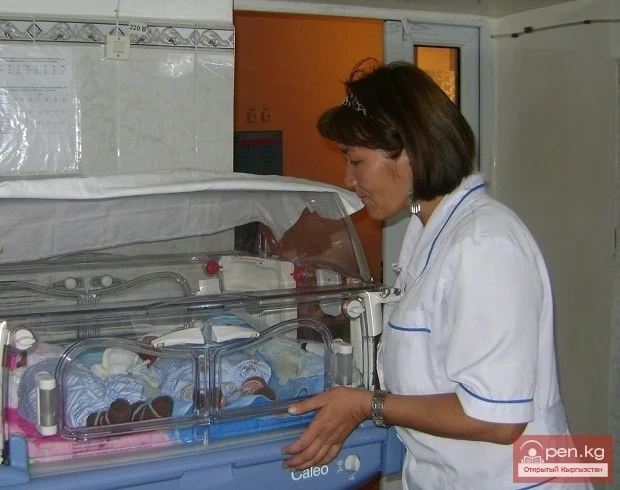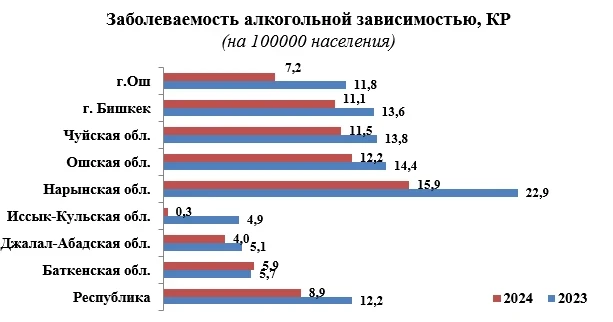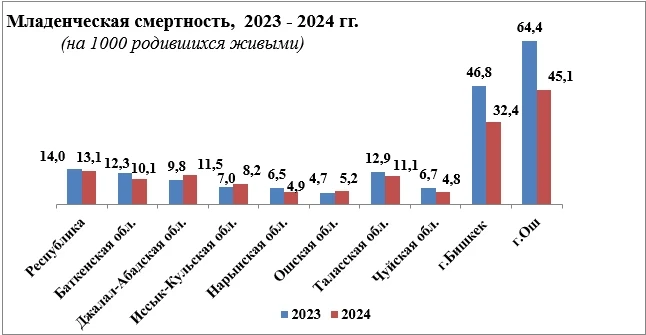According to WHO, last year tuberculosis caused more than 1.2 million deaths and affected around 10.7 million people, making it one of the deadliest infectious diseases in the world.
WHO Director-General Tedros Adhanom Ghebreyesus noted that the reduction of the global tuberculosis burden and improvements in testing, treatment, and social protection are encouraging signs after many years of setbacks. However, he emphasized that "progress is not yet victory," and the fact that the disease continues to take lives despite available prevention and treatment methods is "inexcusable."
According to the report, from 2023 to 2024, the number of tuberculosis cases decreased by almost two percent, and the mortality rate fell by three. This indicates a recovery of essential medical services that were affected during the COVID-19 pandemic. Since 2000, timely treatment has saved around 83 million lives. In 2024, 8.3 million people received treatment, which accounts for 78% of the total number of cases. In 54% of cases, the disease was diagnosed using rapid methods, and the treatment effectiveness for drug-sensitive forms of tuberculosis reached 88%.
However, the results achieved are still far from the ambitious goals set in the WHO strategy.
“The reduction of international aid starting in 2025 could lead to two million additional deaths and ten million new cases by 2035. Additionally, funding for research is significantly lagging— in 2023 it amounted to 1.2 billion, which is only 24% of the required level. Nevertheless, by August 2025, 63 new diagnostic tests, 29 drugs, and 18 vaccines are in development,” the organization added.
“We are at a critical juncture in the fight against tuberculosis,” said Teresa Kasaeva, Director of WHO's Department of HIV, Tuberculosis, Hepatitis, and Sexually Transmitted Infections.She emphasized that reduced funding and ongoing risk factors threaten the successes achieved, but with political will, investment, and global solidarity, humanity can overcome this long-standing issue.
Photo on the main page is illustrative: UNICEF/V. Pandzhvani.












